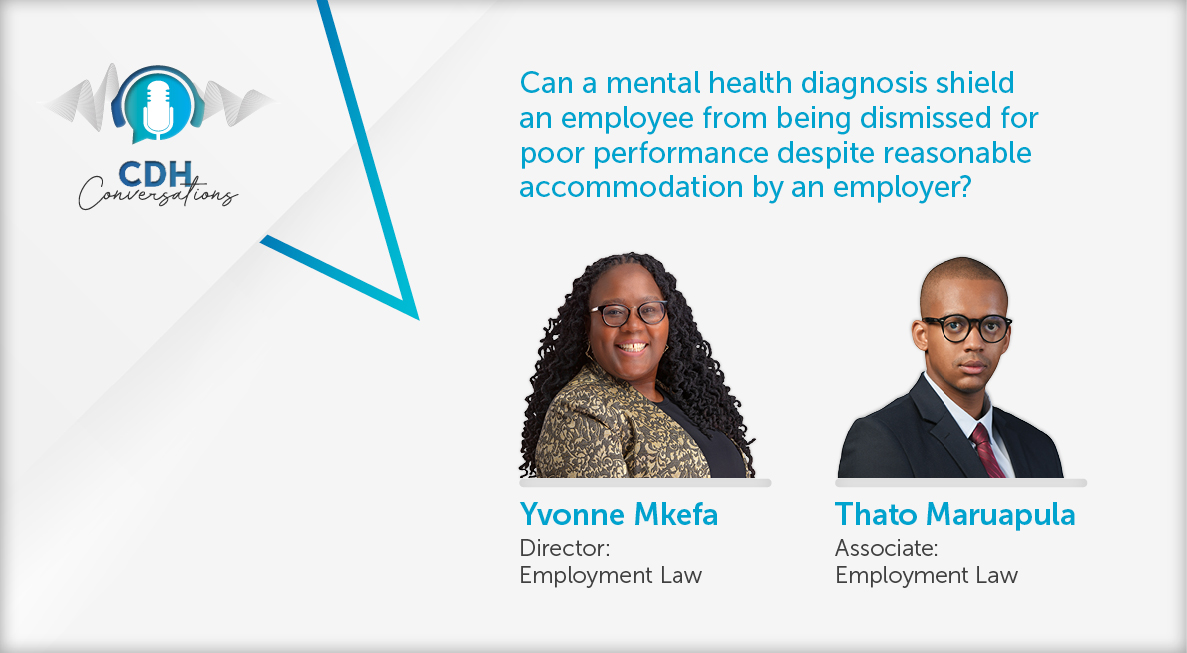Striving for the balance of media freedom
What has happened is this matter also has precedent in other spheres. In fact, the Press Council which deals with the print media has already eliminated from its constitution a similar rule to that now eliminated from the BCCSA’s Code. (Supporting this was a recent article in the Daily Maverick).
The downside is that certain print media houses have elected to withdraw from the Press Council (because they no longer have the protection of the waiver requirement and to appoint their own “internal“ ombudsman).
This, with respect, will lead to negative consequences:
- Complainants will not necessarily receive fair hearings or proper sanctions for their complaints by such internal tribunals since it offends the fundamental principle that one cannot be a judge in one’s own cause. In other words, media houses who elect to regulate themselves directly, ie not through any independent body, are unlikely to punish themselves for their own sins, or give complainants a genuinely fair hearing;
- The credibility of the media will decline since they will no longer be accountable to objective standards of fair and accurate reportage;
- The fact that independent bodies no longer regulate media (because the media withdraws from such regulatory bodies), will increase the risk of Government imposing its own code of conduct on the media and thus discourage press freedom. In this way the media “shoots itself in the foot”.
One would hope that the media (especially the broadcast media) will not take a defensive attitude to what has happened. It should rather encourage its members to apply the standards they have set for themselves in the Code. This will minimise the risk of complaints or civil suits.
The information and material published on this website is provided for general purposes only and does not constitute legal advice. We make every effort to ensure that the content is updated regularly and to offer the most current and accurate information. Please consult one of our lawyers on any specific legal problem or matter. We accept no responsibility for any loss or damage, whether direct or consequential, which may arise from reliance on the information contained in these pages. Please refer to our full terms and conditions. Copyright © 2026 Cliffe Dekker Hofmeyr. All rights reserved. For permission to reproduce an article or publication, please contact us cliffedekkerhofmeyr@cdhlegal.com.
Subscribe
We support our clients’ strategic and operational needs by offering innovative, integrated and high quality thought leadership. To stay up to date on the latest legal developments that may potentially impact your business, subscribe to our alerts, seminar and webinar invitations.
Subscribe



